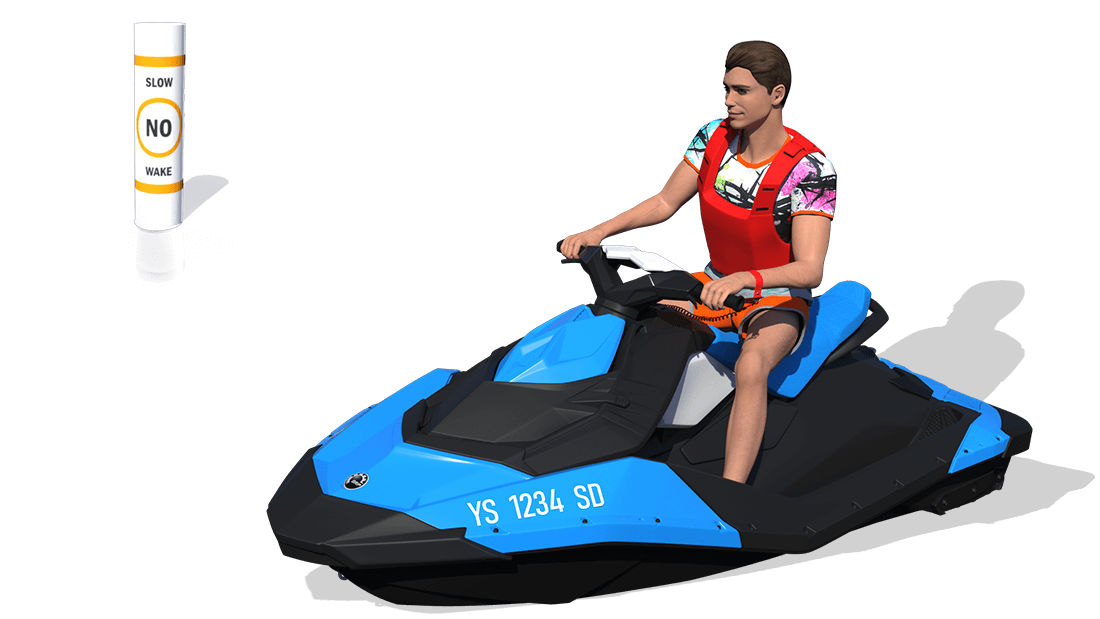Unlawful Operation of a Vessel in Maryland

Operators must navigate in a reasonable and prudent manner at all times, this includes maintaining a proper lookout, obeying all speed limitations, and being able to stop in the assured clear distance ahead.
Operating a vessel in a manner than unnecessarily endangers another person or the property of another considered reckless operation and is prohibited.
Examples of reckless operation include:
- Operating at speeds that do not allow the operator to stop the vessel in the assured clear distance ahead.
- Exceeding any marked speed limitations.
- Operating in a swimming area.
- Operating under the influence of alcohol or drugs.
- Riding on a place where there is a danger of falling overboard, such as the bow, gunwales, transom or seatbacks.
- Jumping the wake of another vessel too close to that vessel.
- Operating a vessel in an unsafe condition, including if the vessel does is not carrying sufficient safety equipment.
- Operating in a way to cause a collision.
Obstructing Navigation
Operating in such a way as to interfere unnecessarily with the safe navigation of other vessels is prohibited.
It is illegal to obstruct navigation by anchoring in the travelled portion of a river or channel, or by mooring or attaching the vessel to a buoy (except mooring buoys), light, beacon or other navigational aid on public waters.
It is unlawful to move, displace, damage, destroy or tamper with any navigational aids. It is also forbidden to obstruct any wharf, boat ramp, pier, or facility access.